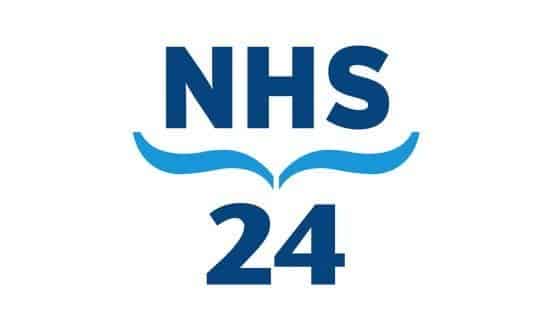NHS Direct contacts move online
- 11 January 2011

NHS Direct’s online services were used more often than its telephone helpline during the festive season, newly-published statistics show.
The health helpline says data for the period 20 December 2010 to 3 January 2011 show that its telephone and online services were used more than 830,000 times over the Christmas and New Year holidays.
More than 397,000 calls were made to the NHS Direct helpline, but the number of telephone assessments completed was about 10% lower than in 2009-10.
The fall in telephone contacts was offset by an increase in the use of the new suite of online health and symptom checkers, which accounted for more than 50% of the contacts with the service.
NHS Direct also recorded self-care advice about colds and flu for its initial welcome message. It said this meant many people were able to obtain advice on how to look after themselves at home without having to speak to someone.
The health information and advice service experienced extremely high demand during the severe weather before Christmas and recorded 50% more calls than forecast in the weekend of 18 and 19 December.
The busiest days of the festive period were the two bank holidays – Monday 27 and Tuesday 28 December – when more than 85,000 calls were made.
On December 27 the service received double the calls that were forecast. Over the same two days the health and symptom checkers were used more than 74,000 times, with 45% of users assessing cold and flu symptoms.
In Scotland, NHS 24 had a record-breaking festive season. It expected to deal with 130,000 calls over the festive period, and 44,000 over the four days of Christmas.
Scotland was hit by cold and flu, and television adverts advised people in Scotland to use NHS 24 as their first port of call for help.
Nick Chapman, NHS Direct chief executive, said it had been a very challenging Christmas period. He added: “Out staff have worked tremendously hard to help as many patients as possible and even at our busiest times we continued to deal with patients assessed as having the most urgent needs within 20 minutes.
“I would like to apologise if people assessed as having less urgent symptoms have had to wait longer than expected to receive a call back from us at this busy time.”
Dr George Crooks, medical director of NHS24, who received an OBE in the Queen’s honours list, said: “I’m glad people are contacting NHS24 rather than going to A&E units; people are being very responsive to the message that it’s preferable not to attend A&E unless in an emergency.”



